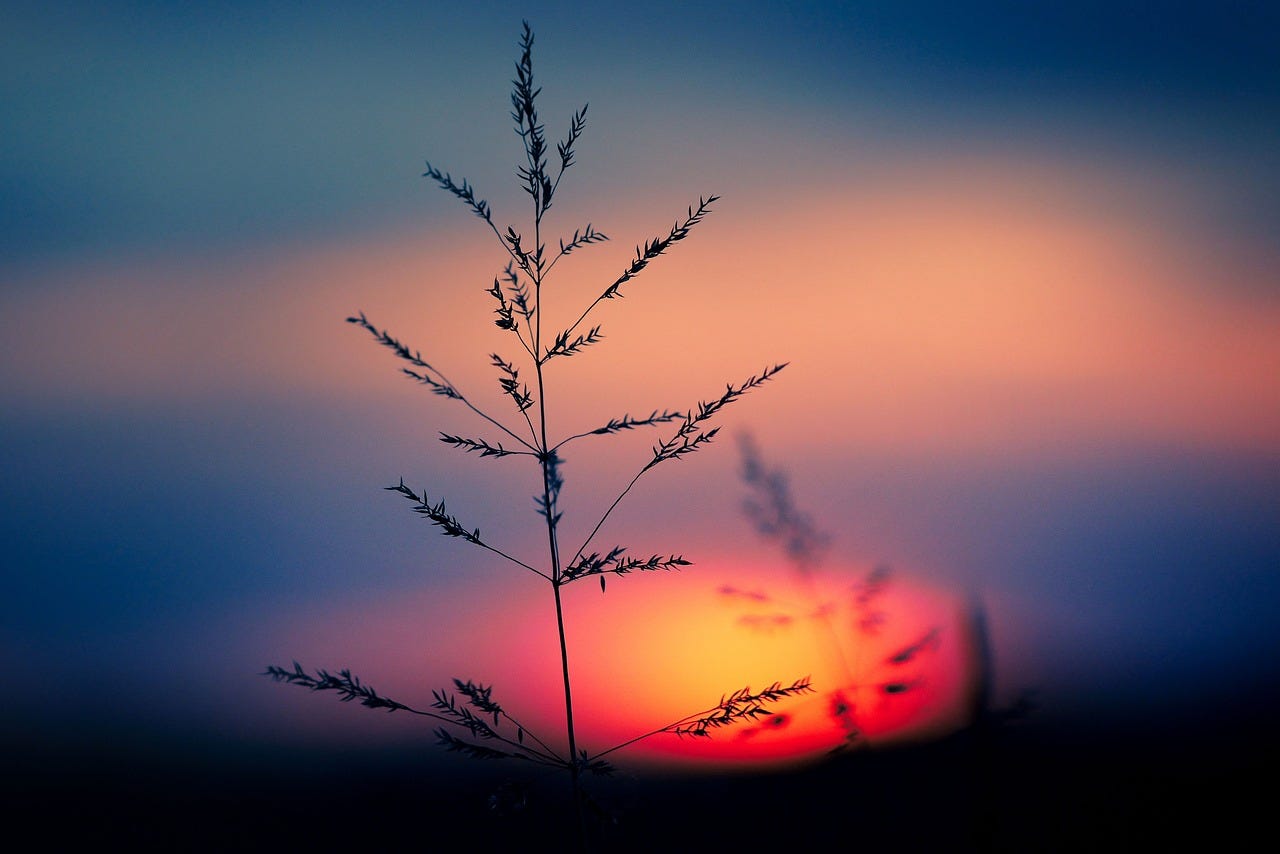A Deleted Chapter, Broken Up Into Bits
Part I: Wherein I pretty much just regurgitate Eugene Peterson's words
The good news is that there’s not just one type of writer.
Some writers outline, while others thought-bubble their way into seemingly disconnected thoughts. Some wordsmiths write and write and write, only to delete (and delete and delete), because writing their way into a thought is the only way they know how to get to the other side.
I tend to be of the write and write and write camp, which is not exactly helpful when you’re under deadline but terribly helpful still if you have a year to think and stew and chew out a manuscript.
As the story goes, Church Camp wasn’t the fastest moving beast. Even though I felt sure about the chapter progression from the beginning — a progression that would follow the typical seven-day talk sequence at white evangelical church camps — identifying the real theme behind every chapter took some wrangling on my part.
Take Night 1 (or chapter 1), for instance. Some camps dive right into a talk that hints at creation and at the God behind all this explosive creating that happened at the beginning of time.1 Some camps don’t even mention God at all on the first night and just get the speaker up front to establish rapport and break down walls with campers. How was I supposed to approach this chapter when I had, in fact, taken both of these roads less traveled at one time or another?
In the end, a chapter initially titled “Creation” didn’t make its way into the final stages of the book — because it wasn’t, in fact, Night 1 boiled down to its gritty essence. I suppose you’ll understand this more when the book releases. For now, I offer it to you, in Part I of a four-part series over the next couple of weeks.
Enjoy this deleted scene!
“The creation of the world did not take place once and for all time, but takes place every day.” —Samuel Beckett
I always liked how Eugene Peterson phrased it: “First this: God created the Heavens and Earth - all you see, all you don’t see. Earth was a soup of nothingness, a bottomless emptiness, an inky blackness. God’s Spirit brooded like a bird above the watery abyss.”2
At first there was nothing, then there was something. Like an artist holding an empty palate of light, of color, of possibility, God dared go first. Looking down from a perch in the clouds, God peered around the edge of a cliff perched in boundless mid-air. Far from a short order cook, God got to work on those places we humans now call the Heavens and Earth. This is how the tale often goes, however we choose to swallow it.
Soon thereafter, ancient scripture tells a story of more creative exploration: of days following when God created light and darkness, sky and water, when “Water-beneath-Heaven”3 gathered into one place. Still, God was far from done. One big, holy pointer finger made green things spring up, all over the earth; with the fling of a hand, a scattered confetti of stars fell into the sky, separating Day and Night, light and dark.
Wiggly, wormy, squirmy life, flew and swam and galloped over every stretch of Earth’s bounds for the very first time. That was Day Five. God told these creatures to prosper, to reproduce, to fill empty corners. “Earth, generate life!”4 God shouted, overt exclamation points dotting the three-word command.
And then, it happened. The pinnacle of all pinnacles, the greatest artwork ever created: from dirt came a couple human beings. They were men and they were women, equally made to resemble God, equally given responsibility over this most holy and expansive of star charts, the one sometimes called the third planet from the sun.
All of this, God kept saying, was good. God said, God saw, God spoke goodness over creation. Good was the only name for it.
It was so good, in fact, that those who follow in the ways of Christianity and Judaism continue to retell this story of beginnings. However we interpret the length of God’s days, we come back to this account of new beginnings.
That’s it for now on the deleted scene. I welcome your comments, both on the writing process and on this deleted section from the first chapter. Jabber away!
What I’m reading: As you may have seen in Instagram Stories, Covid hit me last week. After a week on the couch, I’m happy to report that I’m upright once again — but I’m also happy to say that this round of Covid didn’t wreck my brain so much that I couldn’t read. I most loved reading the memoir, This Time Next Year We’ll be Laughing by Jacqueline Winspear. The details with which she remembered her childhood are just mind-boggling and fascinating and heart wrenching, all at the very same time.
What I’m growing: The tomatoes are in full-force over here, so much so that they’ve taken over half of the counter space and are screaming for a little marinara party already. I plan to make several recipes from this list, mostly in hopes that we’ll have enough of each to last us the year. I also discovered a zucchini the size of my right arm yesterday, tucked underneath a rather large leaf. Amish flour, anyone?
Ending every post (or at least every few notes) with a note about what I’m reading and what I’m growing feels rather appropriate — both to the reader and the gardener in me.
Tell me what you think about these additions?5
With gratitude,
Cara
As you’ll see in the next post, this whole talk can quickly tank into New Earth Creationism vs. Old Earth Creationism vs. evolution, in general, and nope, we didn’t need to go there.
Genesis 1:1-2, The Message
Genesis 1:9-10, The Message
Genesis 1:24-25, The Message


